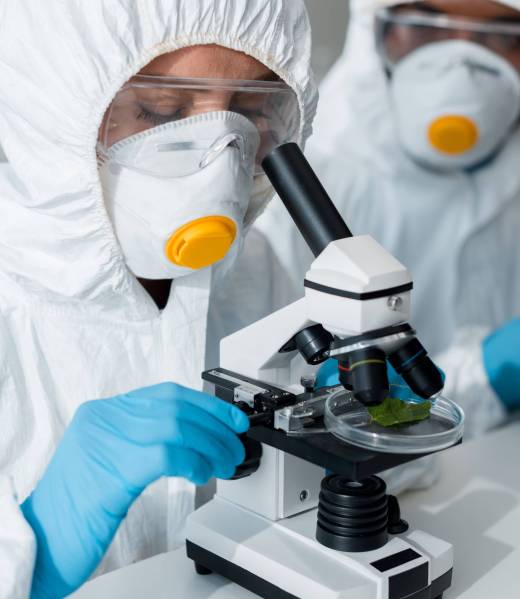Current Status. Challenges. Growth
The pharmaceutical industry is one of the major manufacturing industries of Pakistan providing employment to thousands of people residing across the country. At the time of Pakistan’s independence, pharmaceutical manufacturing industry played an extremely non-existential role. However, today we have more than 400 pharmaceutical manufacturing units including 21 that are being operated by the leading multinational companies.
The Pharma industry of Pakistan has shown a progressive growth over the years, particularly over the last two decades. The industry has invested substantially to upgrade itself in the last few years and today the majority industry is following Good Manufacturing Practices (GMP), in accordance with the domestic as well as international guidance practices. Currently, the industry has the capacity to manufacture a variety of products ranging from simple pills to sophisticated Biotech, Oncology and high quality, value Added Generic compounds
Pakistan is a developing pharmaceutical market, with a large population and economic progress evident. Pharmaceutical spending accounts for less than 1 percent of the country’s GDP, comparable to levels in some neighboring countries but above than those seen in some of the other South Asian countries. The forecast period is likely to witness the marginal strengthening of the generics sector, albeit more in terms of volumes than values. The share of generics is also likely to increase further as major drugs come off-patent in the near term, to the likely benefit of the generics-dominated local industry.
The Pakistan Pharmaceutical Industry is a success story, providing high quality essential drugs at affordable prices to Millions of people suffering from different diseases. Technologically strong and self-reliant, the National Pharmaceutical Industry of Pakistan is not only playing a key role in promoting and sustaining development in the vital field of medicine, but is also well set to take on the international markets.
It is pertinent to mention here that Pakistan imports around three times more pharmaceuticals than it exports. While imports come from all over the world, exports mainly go to a small number of African countries. The Pakistani pharmaceutical industry has not yet attained a satisfactory share of the national market when compared to the other Asian markets.
The Pakistan pharma industry is relatively young in the international markets with an export turnover of over US$ 200 Million as of 2015. Pakistan’s Pharma Industry boasts of quality producers and many units are approved by regulatory authorities all over the world. Like domestic market the sales in international market have gone almost double during the last five years.
Data Source: Pakistan Pharmaceutical Manufacturers Association
The involvement of multinational companies will remain limited in Pakistan’s unattractive pharmaceutical market. Underpinned by an uncertain pricing environment, this will see firms reassessing their strategies in Pakistan and potentially further reduce their presence in the market. As a consequence, we expect the country’s competitive landscape to evolve, with domestic firms capturing a larger share while multinational drug makers adapt their portfolios to focus on low-cost, high-volume pharmaceuticals.aa
Data Source: Business Monitor International April 2017.


million Export Turnover
Pharmaceutical Units
REGULATORY FUNCTIONS
GMP guidelines
Checklist
Inspection
STORAGE
The Roadmap for Sustainability
Everything starting from research and development, Phase 3 trials, clinical studies, facilities, to the manufacture and sale of the Company’s products are and will continue to be a subject to the complex legislative and regulatory provisions laid down by The Drug Regulatory Authority of Pakistan. It imposes considerable constraints on the development, clinical trials, manufacturing and sale of products such as those developed by these Companies. In case of non-compliance with these regulations, the regulatory authorities may impose fines, seize or remove products from the market or even partially or totally suspend their production. They may also revoke previously granted marketing authorizations, reject authorized applications filed by the Company and undertake legal proceedings. These regulatory constraints are important in considering whether an active ingredient can ultimately become a drug, as well as for recognizing the time and investments necessary for such development. Functions provides by Drug Regulatory Authority of Pakistan (DRAP) include:
